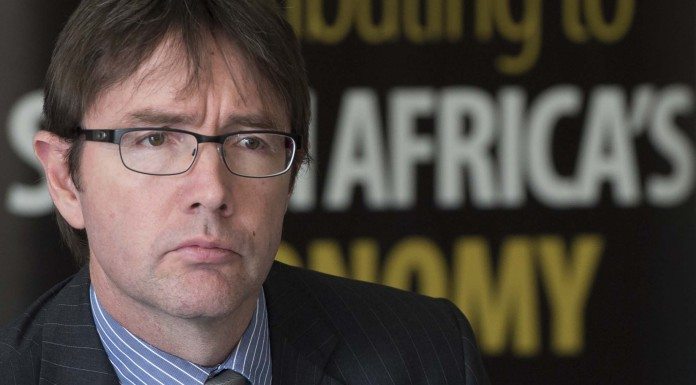
The Minerals Council of South Africa has responded cautiously to what appears to be a continued hard line stance from the Department of Mineral Resources and Energy (DMRE) over legal requirements for transformation in the mining industry.
That stance flies in the face of the optimistic assessments being made by Minerals Council CEO Roger Baxter over the improving relationship between the mining industry and the Government.
The bone of contention is the on-going dispute over the “once empowered, always empowered” aspect of the 2018 Mining Charter.
The mining industry believes black economic empowerment (BEE) deals should be recognised by the government in perpetuity even if the BEE partner subsequently sells out. The DMRE maintains that “topping up” is necessary if a BEE partner leaves and, if that does not happen, a company could lose its mining licence.
In September, the Pretoria High Court ruled in favour of the mining industry stating that the Mining Charter is policy – not law – and therefore it could not be used to demand such top ups. Various provisions in the Mining Charter were set aside
Since then the $64,000 question has been whether the DMRE would appeal the High Court decision.
Such action would not just underscore the DMRE’s ideological reluctance to concede defeat on the issue. It would also undermine the positive picture being painted by the Minerals Council that the mining industry and the Government had “buried the hatchet” with the aim of revitalising the industry and attracting new foreign investment for the benefit of the entire country.
The good news is that the DMRE is not going to appeal the High Court decision. The bad news is that it intends amending the Mineral and Petroleum Resources Development Act (MPRDA) to achieve the transformation agenda that it wants.
According to an article published on the Fin24 website on November 23, DMRE head of legal services Pieter Alberts told the Parliamentary Portfolio Committee on mineral resources and energy that the DMRE would not appeal the judgement.
Reason he gave was that an appeal would not be in anybody’s best interest as it would take years to run its course and would cause prolonged policy uncertainty.
Alberts said transformation objectives could still be achieved through amendments to the MPRDA and commented, “we are going to look at creating legal certainty through the parliamentary process rather than going through appeal and defending the position of the Charter being law or not.”
In a statement released yesterday the Minerals Council said it was “fully committed to transformation of the mining sector despite certain provisions in the 2018 Mining Charter set aside in a recent High Court judgement.”
The Minerals Council added that it is “willing to engage the Parliamentary Portfolio Committee to address any concerns and to demonstrate that its members continue to be fully committed to socio-economic transformation of the mining industry.”
Asked to comment on the implications for the relationship between Government and the mining industry of the DMRE’s intention to use the MPRDA to achieve its transformation agenda, Minerals Council spokesman Allan Seccombe replied, “if the DMRE wants to amend the MPRDA the Minerals Council will participate fully in that process.”











